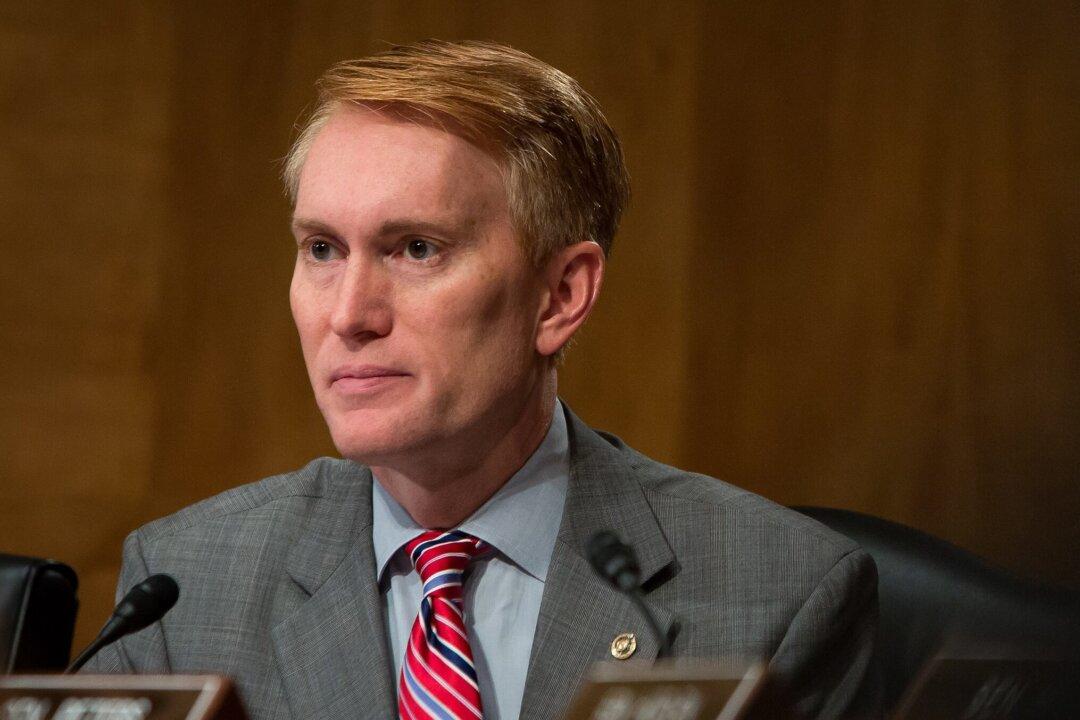An electoral commission being proposed by a group of 11 Republican senators would look at alleged irregularities in the Nov. 3, 2020, election process, Sen. James Lankford (R-Okla.) said.
Lankford is among the senators who have pledged to object to electoral votes during the Jan. 6 joint session of Congress, unless Congress authorizes a commission to review the 2020 election process.





